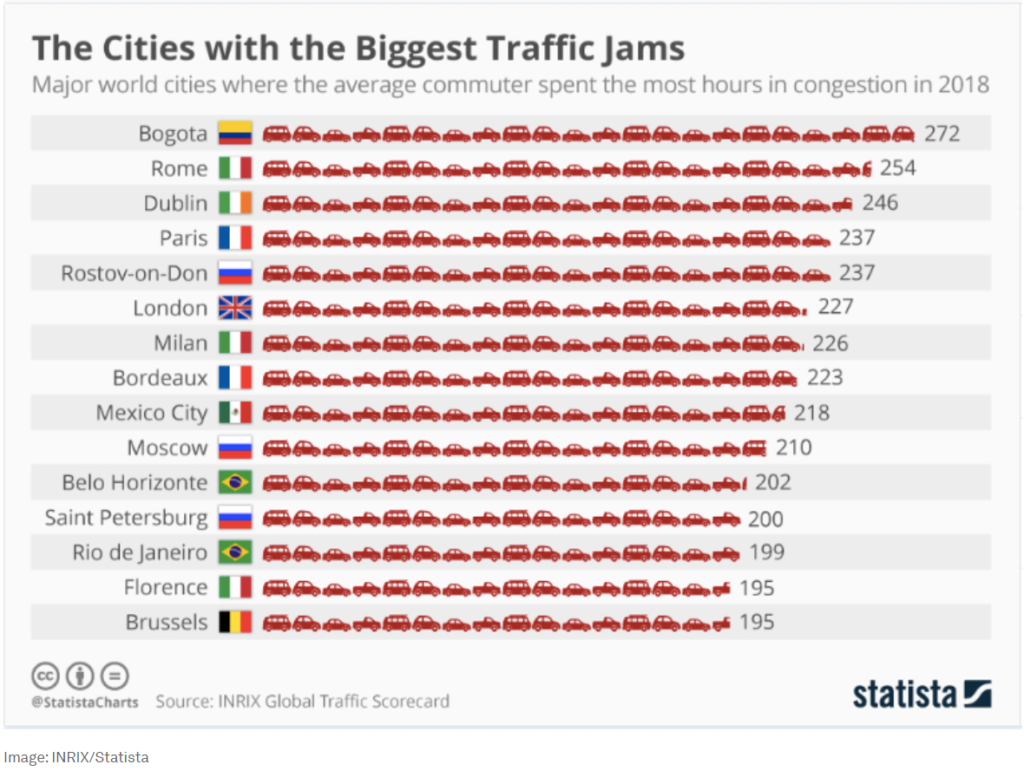Over the past few years, remote work has evolved from a niche choice to a mainstream phenomenon. While recent world events accelerated the transition, it’s undeniable that remote work offers numerous benefits that are hard to ignore.
This article will explore the advantages of working remotely for employees, employers, freelancers, and other workers.

The Benefits of Remote Work for Employees:
- Flexibility: Flexibility in work schedules is one of the most significant benefits. Employees can structure their workdays to best suit their personal lives, increasing satisfaction and productivity.
- No Commute: Commuting can be both time-consuming and stressful. By working from home, employees save time and reduce their daily stress levels, which can significantly improve their overall well-being.
- Cost Savings: Working remotely can save money on commuting, work clothes, lunches, and more. These additional savings can significantly boost the employee’s financial stability.
- Work-Life Balance: With flexible hours and no commute, remote work can better balance professional and personal responsibilities, increasing job satisfaction.
The Benefits of Remote Work for Employers:
- Access to a Broader Talent Pool: By embracing remote work, employers can hire from anywhere, removing geographic barriers and accessing talent that wouldn’t be available otherwise.
- Cost Savings: Businesses can save on physical office space, utilities, and other overhead costs. These savings can then be reinvested into the company or used to offer more competitive salaries.
- Increased Productivity: Numerous studies have shown that remote workers can be more productive, as they often experience fewer interruptions and can work during the most productive hours.
- Employee Retention: Offering remote work can make companies more attractive to employees, thereby reducing turnover rates and recruitment costs.
The Advantages of Remote Work for Freelancers and Self-Employed:
- Freedom to Choose Clients: Freelancers and self-employed individuals can work with clients worldwide, opening opportunities for more diverse projects and income streams.
- Control Over Work Environment: They can design their workspace and create an environment that fosters productivity and creativity.
- Flexibility: Just like remote employees, freelancers and self-employed individuals can benefit from flexible work schedules, allowing them to manage their time effectively.
Other Work Categories:
- Digital Nomads: For those who love to travel, remote work allows them to work from anywhere in the world, combining their professional responsibilities with their desire to explore new places.
- Part-time Workers and Students: Remote work can offer a practical solution for those juggling multiple responsibilities, allowing them to work when it suits them best.
Environmental Impact:
Remote work has several environmental benefits:
- Reduced Commuting: Fewer people commuting means fewer cars on the road, reducing carbon emissions and air pollution.
- Lower Energy Consumption: Large office buildings consume significant heating, cooling, and lighting energy. Remote work can help decrease this consumption, as home environments use energy more efficiently.
- Decreased Paper Waste: Paper use can be pretty high in an office. However, remote work often necessitates digital processes, which can significantly reduce the amount of paper waste generated.
Impact on the Collective Economy:
The economic benefits of remote work are transformative as well:
- Local Economy Boost: Remote workers often support local businesses more than office workers, boosting the local economy. They might be more likely to visit local cafes, shops, or co-working spaces during their workday.
- Real Estate Market Changes: The demand for office space can decrease with more remote work, while the demand for homes with room for a home office might increase. This shift could significantly impact the real estate market.
- Decreased Reliance on Major Economic Centers: As remote work increases, people may choose to live in smaller towns or more rural areas rather than crowded and expensive cities. This dispersion can lead to more balanced economic growth across regions.
- Job Opportunities: With the ability to work from anywhere, remote work can provide job opportunities for those who might have been excluded from specific roles due to location, such as those living in rural areas or those with mobility issues.
In conclusion, embracing remote work has substantial implications for employees, employers, freelancers, and other work categories and our environment and collaborative economy.
We can create a more sustainable and inclusive future by understanding these benefits.


Leave a Reply